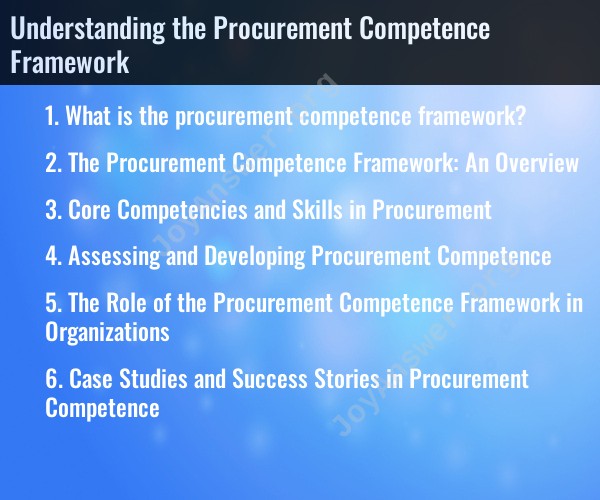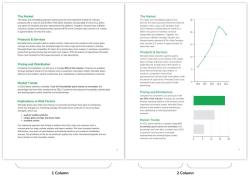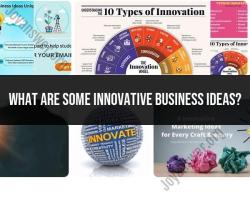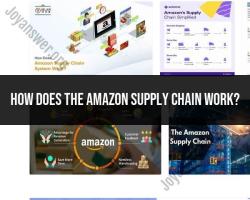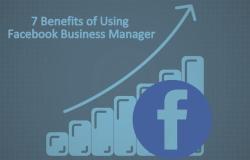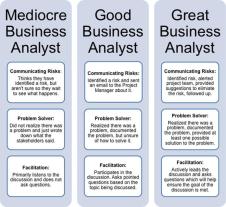What is the procurement competence framework?
The Procurement Competence Framework is a structured model or framework that outlines the key competencies and skills required for professionals working in procurement and supply chain management roles. This framework helps define and assess the capabilities, knowledge, and behaviors that individuals in procurement positions should possess to be effective in their roles. The framework serves as a reference for recruitment, training, performance evaluation, and career development in the field of procurement.
The specific components and competencies within a Procurement Competence Framework can vary depending on the organization, industry, and the complexity of procurement functions. However, a typical framework may include the following key competencies:
Procurement Strategy and Planning:
- Developing and executing procurement strategies that align with the organization's goals.
- Understanding market trends, supply chain dynamics, and industry-specific factors.
Sourcing and Supplier Management:
- Identifying and evaluating suppliers.
- Negotiating contracts and agreements.
- Managing supplier relationships to ensure quality, cost-effectiveness, and performance.
Contract Management:
- Drafting, reviewing, and managing contracts.
- Ensuring compliance with contract terms and conditions.
- Resolving contract disputes and issues.
Cost Management and Analysis:
- Analyzing costs and cost-saving opportunities.
- Implementing cost-effective procurement strategies.
- Monitoring and controlling procurement expenses.
Risk Management:
- Identifying and mitigating risks in the supply chain.
- Developing contingency plans for potential disruptions.
- Ensuring business continuity in the face of supply chain risks.
Legal and Regulatory Compliance:
- Understanding and adhering to procurement-related laws and regulations.
- Ensuring ethical and responsible procurement practices.
Market Research and Analysis:
- Conducting market research to identify suppliers, products, and market trends.
- Analyzing supplier capabilities and market conditions.
Project Management:
- Managing procurement projects, including timelines, budgets, and resources.
- Coordinating cross-functional teams and stakeholders.
Supplier Diversity and Inclusion:
- Promoting diversity and inclusion in supplier selection and contracting.
- Ensuring equal opportunities for suppliers from various backgrounds.
Technology and Data Management:
- Utilizing procurement and supply chain management software and tools.
- Leveraging data analytics for decision-making and performance improvement.
Communication and Relationship Building:
- Effective communication with internal and external stakeholders.
- Building strong working relationships with suppliers, colleagues, and management.
Continuous Improvement:
- Identifying opportunities for process improvement.
- Implementing best practices and optimizing procurement processes.
The Procurement Competence Framework serves as a valuable resource for organizations to assess the skills and knowledge of procurement professionals, align their skills with organizational goals, and identify areas for development and training. It also provides a structured path for career development and advancement within the field of procurement and supply chain management.
The Procurement Competence Framework: An Overview
A procurement competence framework is a structured system for identifying, assessing, and developing the competencies required for successful procurement. It provides a common understanding of the skills and knowledge that procurement professionals need to have, and it can be used to guide recruitment, training, and development activities.
Procurement competence frameworks are typically developed by professional bodies or industry associations, but they can also be tailored to the specific needs of individual organizations.
Core Competencies and Skills in Procurement
The core competencies and skills required for successful procurement include:
- Technical skills: This includes knowledge of procurement processes, procedures, and regulations, as well as expertise in specific procurement areas, such as contract management, supplier management, and risk management.
- Commercial skills: This includes the ability to negotiate contracts, manage costs, and identify and mitigate risks.
- Interpersonal skills: This includes the ability to communicate effectively with stakeholders, build relationships, and work collaboratively with others.
- Strategic skills: This includes the ability to develop and implement procurement strategies that support the organization's overall goals and objectives.
Assessing and Developing Procurement Competence
There are a number of ways to assess and develop procurement competence. Some common methods include:
- Self-assessment: Procurement professionals can assess their own competence by comparing their skills and knowledge to the requirements of a procurement competence framework.
- Peer assessment: Procurement professionals can also have their competence assessed by their peers.
- Manager assessment: Procurement professionals' managers can also assess their competence.
- Formal assessment: Procurement professionals can also take formal assessments, such as professional certification exams.
Once a procurement professional's competence has been assessed, a development plan can be put in place to address any gaps. Development activities may include training courses, mentoring, and on-the-job coaching.
The Role of the Procurement Competence Framework in Organizations
A procurement competence framework can play an important role in organizations by helping to:
- Improve the performance of the procurement function
- Reduce the risk of procurement failures
- Attract and retain top talent
- Support succession planning
- Enhance the organization's reputation
Case Studies and Success Stories in Procurement Competence
There are a number of case studies and success stories that demonstrate the benefits of implementing a procurement competence framework. For example, one study found that organizations that implemented a procurement competence framework saw a significant increase in the number of successful procurement projects. Another study found that organizations with a mature procurement competence framework were less likely to experience procurement failures.
Overall, a procurement competence framework is a valuable tool that can help organizations to improve the performance of their procurement function and achieve their overall goals and objectives.
Here are some additional benefits of implementing a procurement competence framework:
- Increased efficiency and productivity: A procurement competence framework can help to streamline procurement processes and make them more efficient. This can lead to increased productivity and cost savings.
- Improved decision-making: A procurement competence framework can help procurement professionals to make better decisions by providing them with the knowledge and skills they need to assess and manage risks.
- Enhanced stakeholder relationships: A procurement competence framework can help procurement professionals to build stronger relationships with stakeholders by demonstrating their expertise and professionalism.
- Competitive advantage: A procurement competence framework can give organizations a competitive advantage by helping them to attract and retain top talent, reduce costs, and improve the quality of their goods and services.
